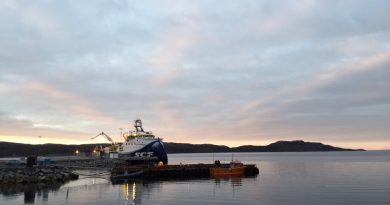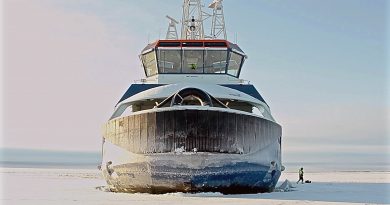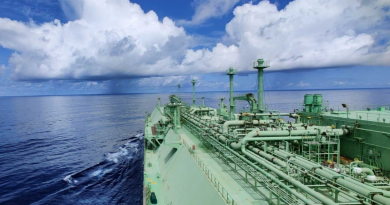ICC Greenland joins the Arctic Economic Council
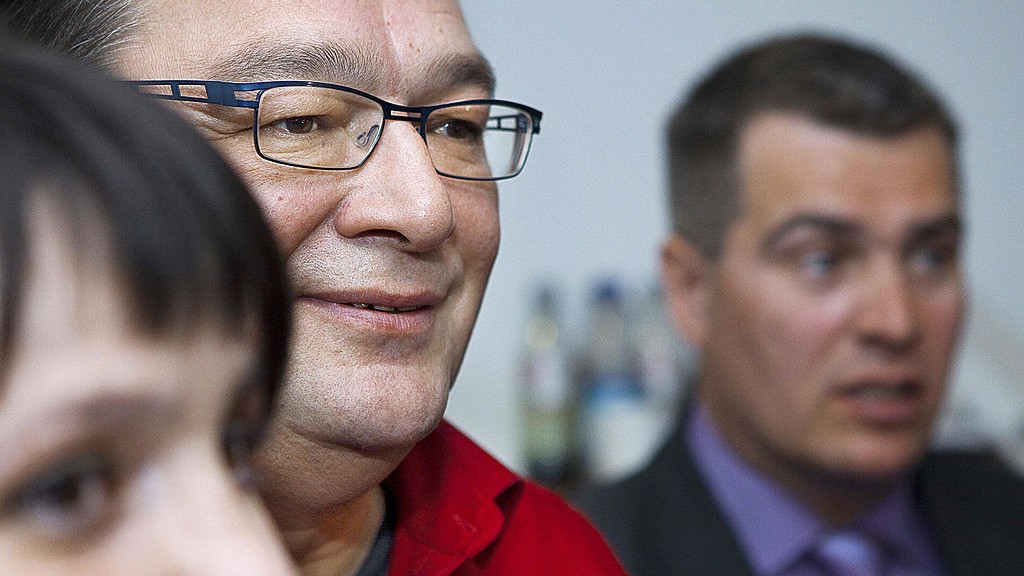
The Inuit Circumpolar Council (ICC) – Greenland joined the Arctic Economic Council (AEC) this month, saying Greenland’s economic aspirations fit well with the AEC’s focus on responsible development in the North.
“We are joining the AEC to ensure the wellbeing of the Arctic Peoples and sustainable economic development in the region,” ICC Greenland’s Kuupik V Kleist said in a news release.
“Our code of ethics is in line with the principles of the AEC, and we see the organization as a guide for sustainable and responsible investments and development in the region.”
ICC is an organization that represents the approximately 180,000 Inuit in the Arctic and has chapters in Alaska, Canada, Greenland, and Chukotka, Russia.
Canadian roots
The Arctic Economic Council was established during Canada’s last chairmanship (2013-2015), of the Arctic Council, an international forum made up of the world’s eight circumpolar nations and six Arctic Indigenous groups.
The AEC was initially conceived as an entity to advise the Arctic Council on business issues but has evolved to facilitate business-to-business activities in the North and promote responsible economic development.
The AEC is separate from the Arctic Council, but chairmanship of the body rotates among the circumpolar countries to mirror the Arctic Council’s rotating two-year chairmanships.
AEC members include both Arctic-based companies and groups, and those based elsewhere in the world, as well as Indigenous groups and corporations. The AEC is open to small and medium sized businesses, as well as large companies.
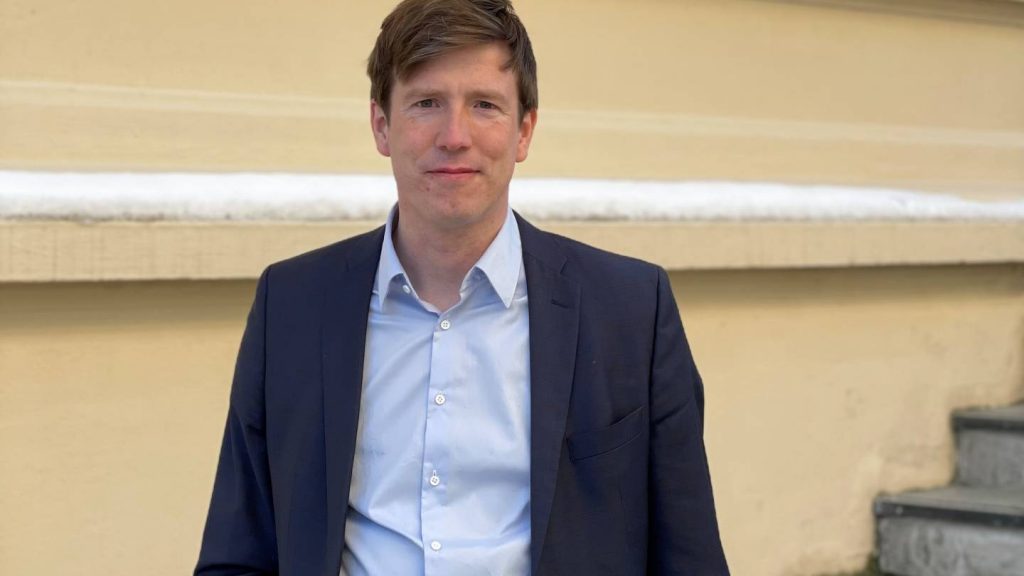
“I am very happy to have ICC Greenland as a member,” Mads Qvist Frederiksen, director of the AEC, said.
“This strengthens our representation in Greenland and our work to develop Indigenous businesses across the region. Instead of thinking North-South collaboration, we have to think more across the Arctic.”
Greenland business opportunities
The AEC’s working groups are focusing on the kinds of industries and investment that make the most sense for the North, something Kleist says is important for Greenland.
“Greenland, like other Arctic communities, is in an urgent need for diversifying its economic activities,” Kleist said.
“We are almost completely dependent on the export of fish, which makes the economy fragile and pushes the limits of resources. Greenland must diversify its economic activities so to ease the pressure on the fish stocks. Harvesting natural resources is a moving target; when nature and the world market economy speaks, one has to obey.”
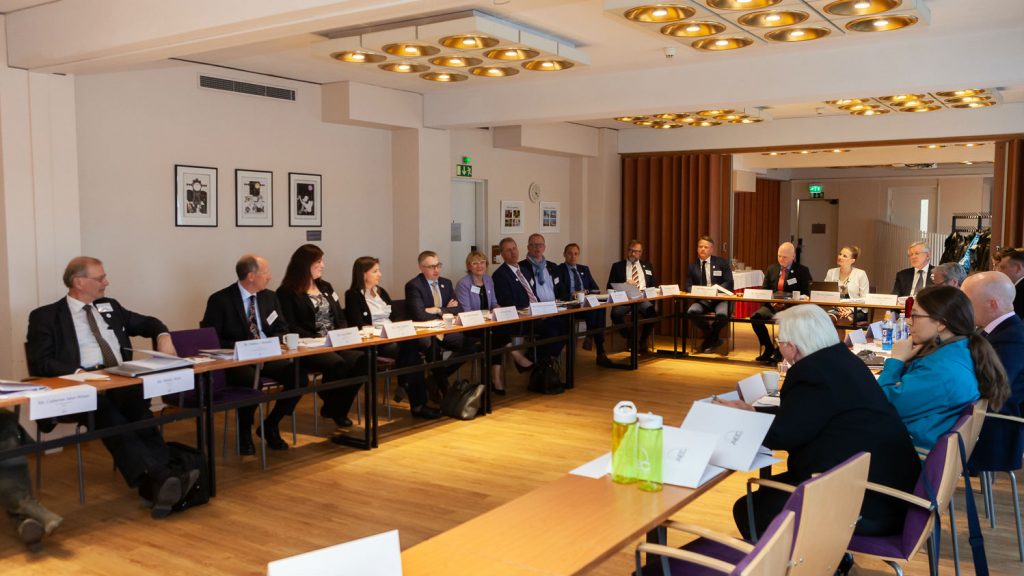
Responsible resource development is a promising track for the autonomous territory, Kleist said. But recent elections that saw the election of a party which campaigned against a controversial rare earth minerals mining project, has been misinterpreted by some of the international business community, as Greenland being against such initiatives.
“Considering the fragile Arctic environment, there is scepticism towards mining minerals with radioactive content,” Kleist said.
“While the recently inaugurated Government is strictly against uranium mining, it needs to make it very clear for international investors: the Government is not against mining activities in general.”
Frederiksen agrees.
“The AEC has together with the World Economic Forum developed the Arctic Investment Protocol, which is a set of guidelines for companies operating in the Arctic,” he said.
“Nonetheless, we still have a continuous task to promote the Arctic as a favourable place to do business. Since the recent government election in Greenland, we have seen some investors getting cold feet about recent developments in mining.”
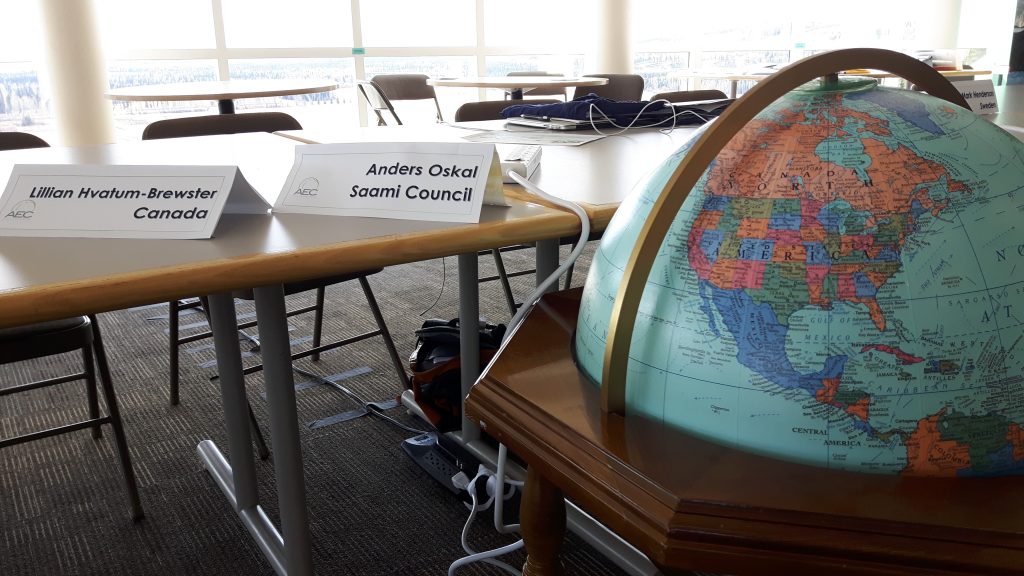
Kleist says he hopes having ICC Greenland on the AEC will send an important message about the kind of the economic development needed in the region.
“We are hopeful that the AEC will continue to be a constructive partner for the countries and communities involved, and that the Council continues to advocate for much needed economic development in the Arctic in general, and specifically for the Indigenous Peoples who live there.”
Write to Eilís at eilis.quinn@cbc.ca
Related stories from around the North:
Canada: Strong rebound coming for northern territories: Conference Board of Canada, CBC News
Finland: Kemi-Tornio area in northern Finland gets €4.2m recovery package to cope with Veitsiluoto mill closures, Yle News
Norway: Are Norway’s energy policies caught between ‘black gold’ & green ambitions?, Blog by Marc Lanteigne
Russia: Moscow wants new connection to Arctic coast, revives plans for a railway to Sabetta, The Independent Barents Observer
United States: Cruise ship docks in Skagway, Alaska for the first time in 21 months, CBC News

